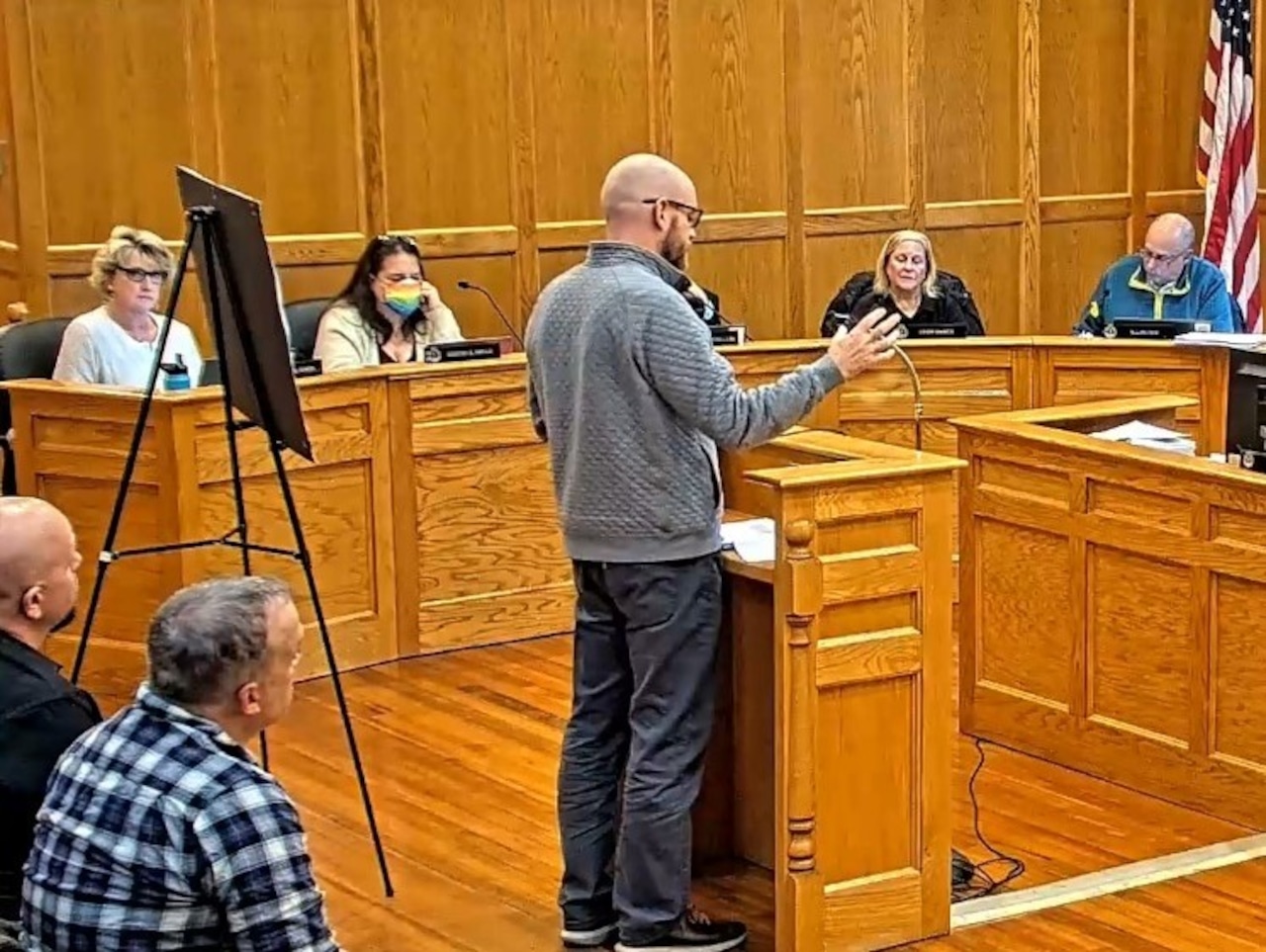
Bills before the state House and Senate look to increase the number of people of color in the state’s judiciary.
The pair of bills aims to create a special legislative commission to study the current and historic state of racial diversity of judges in the Commonwealth.
The commission would study how the Legislature impacts the racial diversity of judges across the state, give recommendations on how to create a more inclusive judiciary, and propose admission standards for entry into the judiciary.
The 15-member body would include representatives from such organizations as the Massachusetts Black Lawyers Association and Massachusetts Black and Latino Legislative Caucus.
If passed, the commission would present its findings to Gov. Maura Healey’s office by December 31, 2024.
“I filed this bill because representation is important, and it is vital that judges reflect the populations of those they serve,” Rep. Carlos Gonzalez, D-Hampden, who wrote the House bill told MassLive.
Although there’s been some recent progress in diversifying the Massachusetts bench, its ranks are still overwhelmingly white. Only 13% of the 367 trial court justices were people of color in the 2022 fiscal year, according to a report by the Massachusetts Trial Court.
Part of the issue stems from the limited knowledge many attorneys of color have about the selection process for positions on the state’s bench, according to Desiree Y. Murphy, president of the Massachusetts Black Women Attorneys, a Boston-based professional bar association.
“Any member of the judiciary will tell you that when you’re putting together an application, there are things that the application and the nomination committees are looking for,” Murphy said. “And to have insight into that as an attorney of color, as a Black attorney, it’s crucial.”
Over the past few years, the MBWA has partnered with the judiciary to form a strong connection for attorneys of color who are interested in serving on the bench.
The partnership includes events where interested candidates to connect with stakeholders to ask questions and fine-tune their materials before submitting their applications.
Those lines of communication are “instrumental” to successfully navigate their judicial process, Murphy said.
The MBWA’s partnership with the judiciary is part of a “changing in tide” within Massachusetts’ legal field, Murphy said. Organizations like hers are drawing more attention to what it will take to create a bench that reflects the racial diversity of the nation.
Murphy hopes that appointing more attorneys of color to judgeship will inspire more discussions regarding inequity and inequality without the Bay State’s legal system. But without diverse perspectives, the state runs the risk of relying on a one-size-fits-all approach toward reviewing cases, which can sometimes disadvantage underrepresented plaintiffs.
“I’m so vocal about the need to have these voices actively present at the time the conversations are happening,” Murphy said. “Because that’s what actually has the most ability to make the impact versus being on the outside and learning things after the fact and or after the discussions have already been had.”






